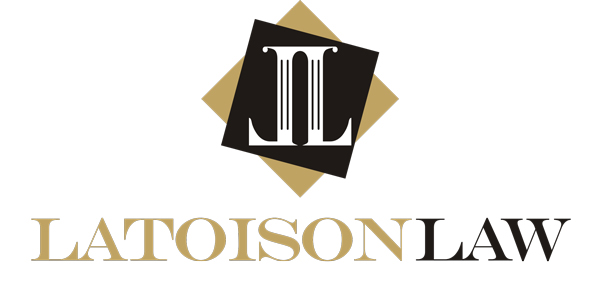RETAIL THEFT
Misdemeanor & Felony Retail Theft:
Pleading guilty or being convicted of misdemeanor or felony theft carries with it serious consequences. In addition to restitution and fines, you face up to 3 years in prison for a second degree misdemeanor, up to 5 years in prison for a first degree misdemeanor, and up to 7 years in prison for a third degree felony. A misdemeanor or felony retail theft conviction also results in having a criminal record for the rest of your life which can be easily seen by employers, educational institutions, landlords and the like. See also shoplifting charges in Pennsylvania.
| First Offense | Value less than $150 | Summary Offense |
| Second Offense | Value less than $150 | Misdemeanor of Second Degree |
| First or Second Offense | Value greater than $150 | Misdemeanor of First Degree |
| Third or subsequent offense | Value inapplicable | Felony of Third Degree |
| Any offense | Value exceeds $2,000, or involves motor vehicle or involves firearm | Felony of Third Degree |
ROBBERY
In Pennsylvania, a person is guilty of robbery if, in the course of committing a theft, he or she:
1. inflicts serious bodily injury upon another (first degree felony);
2. threatens another with or intentionally puts him in fear of immediate serious bodily injury (first degree felony);
3. commits or threatens immediately to commit any felony of the first or second degree (first degree felony);
4. inflicts bodily injury upon another or threatens another with or intentionally puts him in fear of immediate bodily injury (second degree felony); or
5. physically takes or removes property from the person of another by force however slight (third degree felony)
NOTE: In order to be found guilty of robbery in Pennsylvania, the District Attorney must prove all the elements of theft (see above) OR that you simply attempted to commit a theft.
WHITE COLLAR CRIMES
White collar crimes generally involve some type of theft, fraud, or deception for monetary gain. Depending on the nature of the crime, law enforcement agencies such as the FBI and IRS may be involved in the investigation. A person can be charged in both state and federal court. Some of the most common types of white collar crime include:
- Embezzlement
- Identity theft
- Tax crimes
- Credit card fraud
- Medicare / Medicaid fraud
- Mail and wire fraud
- Mortgage fraud
- Bank fraud
